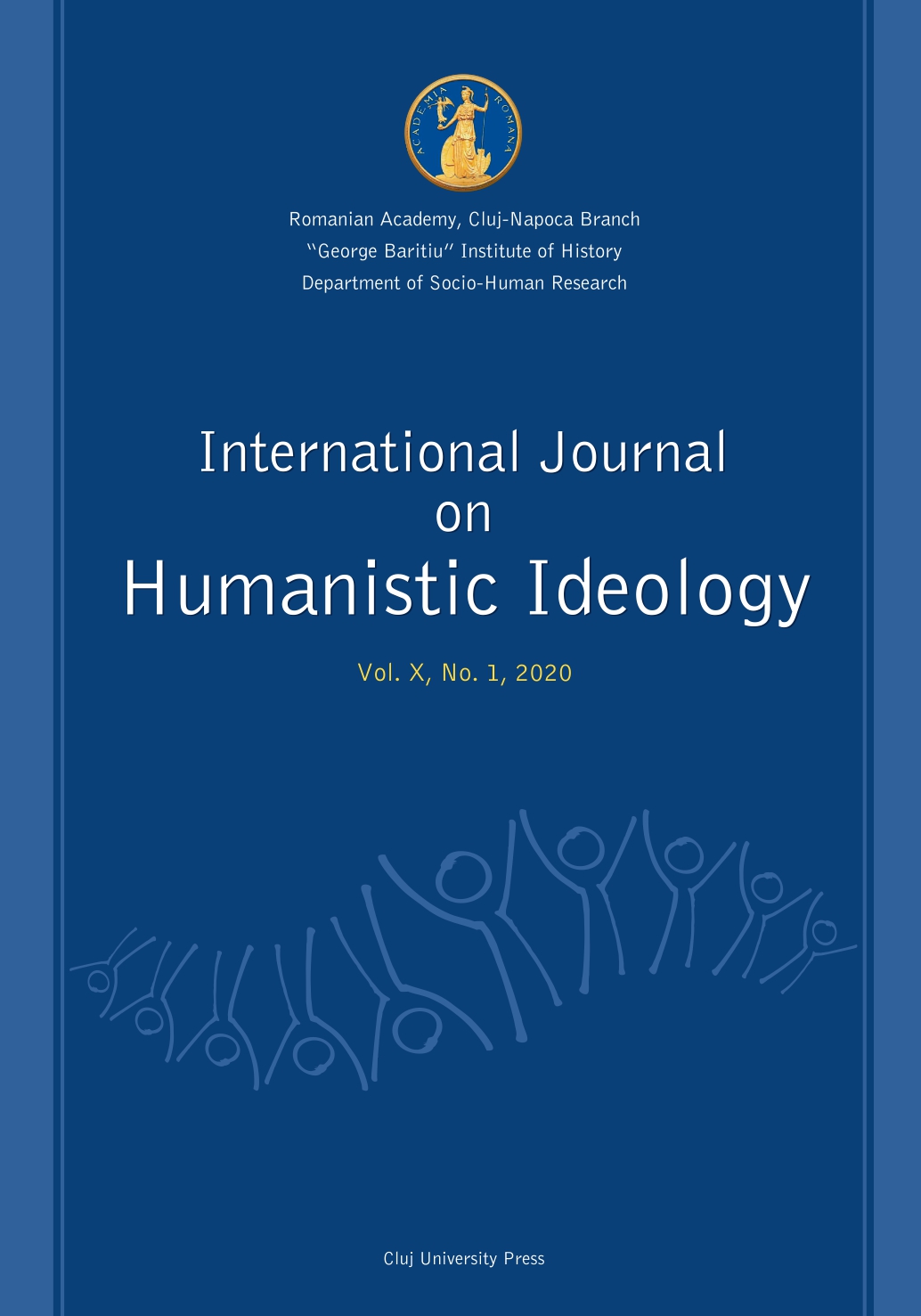Schmerzlokalisation und Körperraum
Pain Localization and Bodily Space
Author(s): Mihai OmetițăSubject(s): Philosophy, Early Modern Philosophy, 19th Century Philosophy, Contemporary Philosophy, Analytic Philosophy, Phenomenology
Published by: Presa Universitara Clujeana
Keywords: Schmerz; Raum; Lokalisation; Körper; Descartes; Wittgenstein; Merleau-Ponty;
Summary/Abstract: The paper brings a challenge to Cartesian dualism, while introducing some under-explored manuscript remarks from Wittgenstein’s middle period, which are methodologically and thematically akin to some passages from Merleau-Ponty’s early period. Cartesian dualism relegates pain to mental awareness and location to bodily extension, thus rendering common localizations of pain throughout the body as unintelligible ascriptions. Wittgenstein’s and Merleau-Ponty’s attempts at doing justice to common localizations of pain are mutually illuminating. In their light, Cartesian dualism turns out to involve an objectification and a deappropriation of one’s body. Moreover, Wittgenstein’s unveiling a heterogeneous multiplicity of corporeal spaces (e.g. visual-space, tactile-space, feeling-space) rehabilitates the view, reinforced by Merleau-Ponty, that corporeal pain is intimately related to corporeal localization, while corporeal space is not part of the physical space of things.
Journal: International Journal on Humanistic Ideology
- Issue Year: X/2020
- Issue No: 1
- Page Range: 209-231
- Page Count: 23
- Language: German

